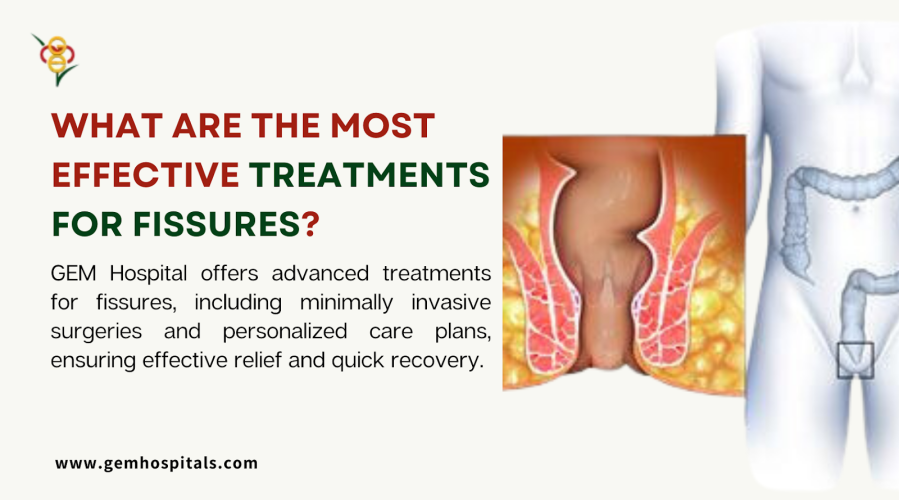Learn effective solutions for digestive problems with expert tips to improve gut health, reduce discomfort, and maintain a healthy digestive system.
What Are the Most Effective Treatments for Fissures

What Are the Most Effective Treatments for Fissures
When it comes to dealing with the discomfort and inconvenience of fissures, understanding your treatment options is crucial. In this blog post, we'll explore the most effective treatments for fissures, ensuring that you can make informed decisions about your health.
Understanding Fissures: A Quick Overview
Fissures, small tears in the lining of the anus, can cause significant discomfort. They often result from straining during bowel movements or from passing hard or large stools. The primary symptoms include pain during and following bowel movements, bleeding, and itching.
Top Treatments for Immediate Relief
Soothing Ointments and Creams
One of the first lines of defense against fissures involves topical treatments. Over-the-counter or prescription creams can provide significant relief. These products often contain analgesics to reduce pain, hydrocortisone to ease inflammation, and sometimes a gentle anesthetic.
Warm Sitz Baths
Sitting in warm water for 10 to 15 minutes several times a day, especially after bowel movements, helps relax the anal muscles and promotes healing. This simple, effective method not only reduces pain but also minimizes the itching associated with fissures.
Long-Term Healing Strategies
Dietary Adjustments
A key element in managing and preventing fissures is to soften the stool, which reduces straining. Increasing your intake of fiber-rich foods such as fruits, vegetables, and whole grains is essential. Additionally, staying hydrated by drinking plenty of water helps keep the digestive system running smoothly.
Stool Softeners
When dietary changes aren't enough, stool softeners can be another tool in your treatment arsenal. These medications help to moisten the stool, making it easier to pass and reducing the strain on the fissure during bowel movements.
Advanced Medical Interventions
Botox Injections
For those whose fissures do not heal with standard treatments, Botox injections offer a promising solution. By temporarily paralyzing the muscle that holds the anus tight, these injections can relieve the pain and allow the fissures to heal.
Surgical Options
In cases where non-surgical treatments fail, surgery might be necessary. The most common procedure, known as lateral internal sphincterotomy, involves making a small cut in the anal sphincter to reduce muscle tension and promote healing.
Home Remedies and Lifestyle Changes
While medical treatments are paramount, integrating certain lifestyle adjustments can facilitate healing and prevent future issues.
- Regular Exercise: Engaging in regular, gentle exercise like walking can stimulate bowel movements and improve overall digestive health.
- Proper Hygiene: Keeping the anal area clean and dry is crucial for preventing additional irritation and infection that could exacerbate fissures.
Schedule Your Appointment Today
Dealing with fissures can be painful and frustrating, but with the right treatment plan, you can achieve relief and get back to your normal activities. If you're struggling with symptoms of fissures, don’t wait. Schedule an appointment with GEM Hospital today to discuss your treatment options with a specialist. Let us help you find the relief you deserve.
By addressing fissures with a combination of immediate, long-term, and preventive strategies, you can significantly improve your comfort and quality of life.
Blogs & Article
Explore current research trends in digestive health, including new treatments, advanced diagnostics, and innovations improving gut health and patient care.
Discover common digestive health myths and the real facts. Learn simple tips to improve gut health and maintain better digestion for a healthier life.


